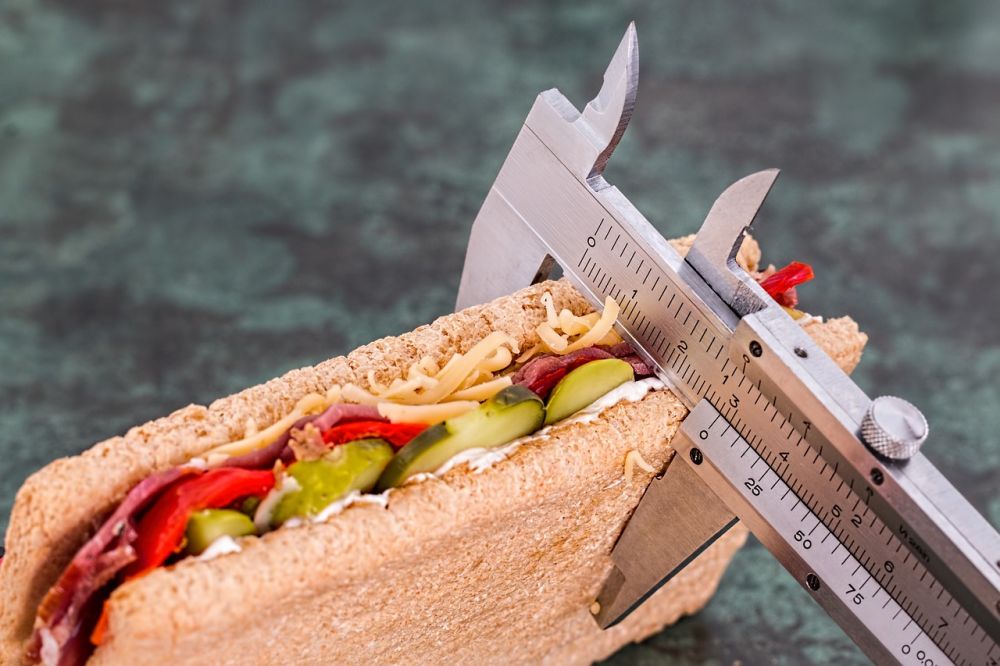Dieting is a topic that many individuals are interested in, especially when it comes to achieving their weight loss goals or improving their overall health

One popular diet that has gained attention in recent years is the ”danske rikshospitalets diet.” In this article, we will provide an in-depth overview of the dansk rikshospitalets diet, including its different types, popularity, quantitative measurements, variations, as well as a historical analysis of its advantages and disadvantages.
1. The Danish Rikshospitalet’s Diet: An Overview
The Danish Rikshospitalet’s Diet, often referred to as the Copenhagen Diet, is a low-calorie meal plan designed for short-term weight loss. It was initially developed in the 1930s by the Department of Clinical Nutrition at the Copenhagen University Hospital, also known as Rikshospitalet. The diet gained renewed popularity in recent years due to its claims of rapid weight loss results and its simplicity.
2. Types and Popularity of the Danish Rikshospitalet’s Diet

The diet has several variations, but the most common one is a 13-day plan consisting of specific food combinations. This type of diet is often followed for two weeks, followed by a break, before potentially repeating the cycle. The Danish Rikshospitalet’s Diet gained popularity due to its promise of significant weight loss in a short period. However, it is important to note that the diet is not recommended for long-term use and should be followed under medical supervision.
3. Quantitative Measurements of the Danish Rikshospitalet’s Diet
Several studies have assessed the effectiveness of the Danish Rikshospitalet’s Diet in terms of weight loss results. These studies have shown that individuals can experience significant weight loss during the 13-day cycle, ranging from 7-20 pounds. However, it is essential to consider that most of this weight loss is likely due to a reduction in water weight and not necessarily fat loss. Additionally, the diet’s extreme calorie restriction can lead to muscle loss and potential nutrient deficiencies.
4. Variations and Differences within the Danish Rikshospitalet’s Diet
Although the Danish Rikshospitalet’s Diet follows a specific structure and food combination, there are variations and differences reported among individuals who have followed the diet. Some individuals modify the plan to suit their preferences or dietary restrictions, while others opt for a longer-term and more sustainable version of the diet. It is crucial to consider these variations and differences when discussing the Danish Rikshospitalet’s Diet to promote a more balanced and flexible approach to weight loss and healthy eating.
5. Historical Analysis of the Pros and Cons of the Danish Rikshospitalet’s Diet
Over the years, the Danish Rikshospitalet’s Diet has faced both praise and criticism from health professionals and nutrition experts. Proponents argue that the diet’s short duration and immediate results can serve as motivation for individuals seeking rapid weight loss. However, critics express concerns about the diet’s extreme calorie restriction, potential nutrient deficiencies, and lack of long-term sustainability. It is essential to consider both perspectives when evaluating the Danish Rikshospitalet’s Diet and its potential benefits and drawbacks.
In conclusion, the Danish Rikshospitalet’s Diet is a well-known and widely debated weight loss approach that offers rapid results in a short period. While the diet may provide immediate weight loss, it is crucial to consider its potential drawbacks, such as muscle loss and potential nutrient deficiencies. As with any diet, it is essential to consult with a healthcare professional before starting the Danish Rikshospitalet’s Diet or any other weight loss plan. Remember, sustainable and long-term lifestyle changes are often more beneficial for overall health and well-being.
(video content can be added here discussing the Danish Rikshospitalet’s Diet, its variations, and expert opinions on its pros and cons)
FAQ
Are there any variations or modifications that can be made to the Danish Rikshospitalet's Diet?
How much weight can I expect to lose on the Danish Rikshospitalet's Diet?
Is the Danish Rikshospitalet's Diet a long-term sustainable option for weight loss?
Fler nyheter
Massage helsingborg avslappning, återhämtning och bättre välmående
One popular diet that has gained attention in recent years is the ”danske rikshospitalets diet.” In this article, we will provide an in-depth overview of the dansk rikshospitalets diet, including its different types, popularity, quantitat...
31 januari 2026
Massör i Linköping: Så hittar du rätt behandling för kropp och hälsa
One popular diet that has gained attention in recent years is the ”danske rikshospitalets diet.” In this article, we will provide an in-depth overview of the dansk rikshospitalets diet, including its different types, popularity, quantitat...
14 januari 2026
Terapi i Stockholm: Så hittar fler lugn, riktning och balans
One popular diet that has gained attention in recent years is the ”danske rikshospitalets diet.” In this article, we will provide an in-depth overview of the dansk rikshospitalets diet, including its different types, popularity, quantitat...
11 januari 2026
Thaimassage Malmö – traditionell kunskap för moderna behov
One popular diet that has gained attention in recent years is the ”danske rikshospitalets diet.” In this article, we will provide an in-depth overview of the dansk rikshospitalets diet, including its different types, popularity, quantitat...
03 december 2025











